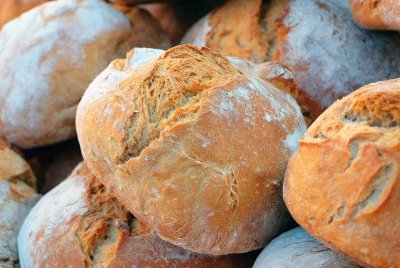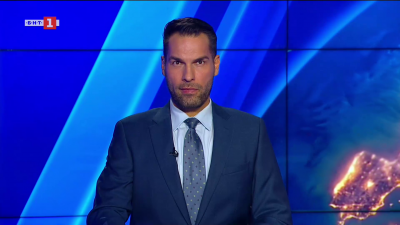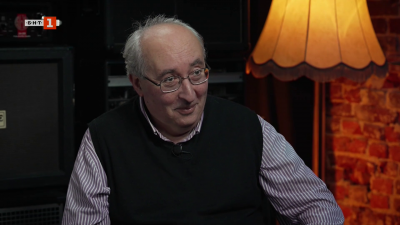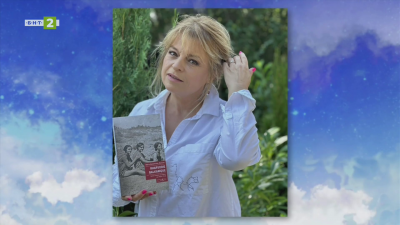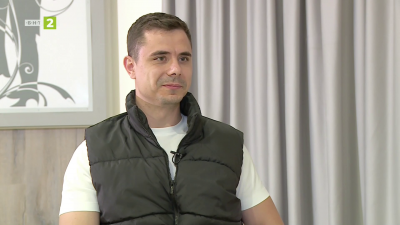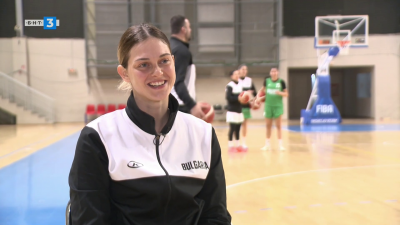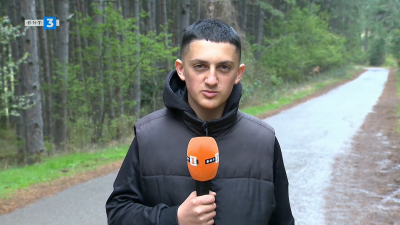2022 PISA tests:Bulgarian students rank last in mathematics performance in the EU and second to last in reading
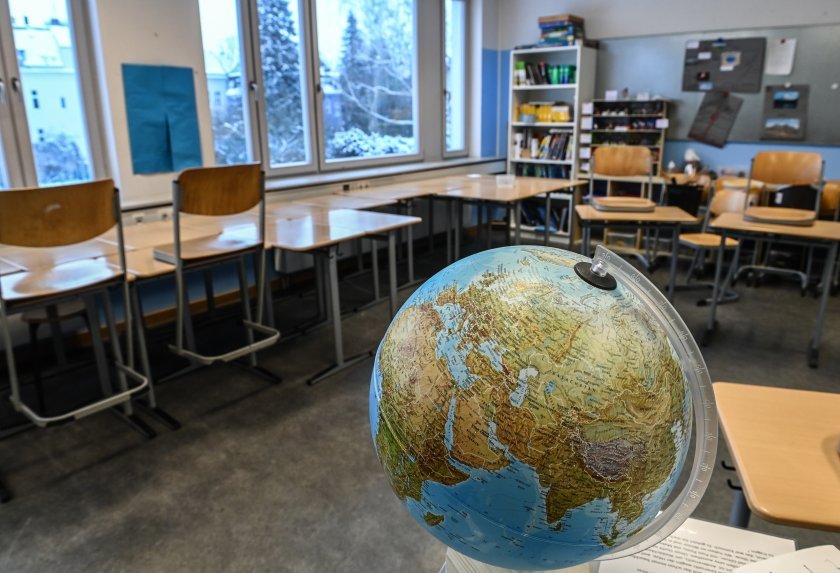
Bulgaria ranks last in the EU in performance in mathematics and second to last in reading. This is according to the new results of the international PISA test, which tests the skills of 15-year-old students to apply the acquired knowledge in practice.
The world's best in maths and reading are once again students from Singapore, but the pandemic is bringing down education levels around the world, the PISA results show.
Bulgarian students have dramatically lower maths and reading scores than in recent years. In 2022, they are back to their weakest performance since 2006. This shows that the level of Bulgarian education is the same as 16 years ago.
However, Bulgaria is following global trends, where educational attainment is generally declining.
In mathematics, Bulgaria scored 417 points, down by 19 points compared to 2018. In reading, the score was 404, down by 16 points. In science, the level of students is stable, three points less than in 2018.
Globally, the decline in performance is as significant as in Bulgaria.
"The steep decline in mean scores seen between 2018 and 2022 is unprecedented. Between 2018 and 2022, mean performance in mathematics across OECD countries fell by a record 15 points. Reading fell 10 points, twice the previous record, whereas science performance did not change significantly, the international organisation said in its report.
This is the first time this has happened in PISA's history - usually the difference between years is around four points in maths and five in reading.
The top performers in maths this time, as in past years, are Singapore, China, Japan, Korea and Estonia.
In reading, the top performer is again Singapore, followed by Ireland and Japan.
Bulgaria remains below the average of the Organisation for Economic Co-operation and Development member states. This ranks us last in the European Union in mathematics and second to last in reading and science (ahead of Cyprus).
In the Balkans, Kosovo, Albania and North Macedonia score lower than Bulgaria.
The Covid-19 pandemic is cited as the main reason for the overall results. However, according to the PISA report, school closures and the shift to online education is only one factor in the low scores. As the graph clearly shows, the decline in Bulgaria has been going on since 2015.
Globally, there has been a similar trend since 2012, suggesting there are other structural reasons for the deterioration, the Organisation for Economic Co-operation and Development added.
Lack of discipline and attention is becoming a growing problem. Ninth-graders in Bulgaria say they find it difficult to study and pay attention in math class. 48% of respondents do not listen to what the teacher says (the OECD average is 30%). Nearly one in two students in Bulgaria is distracted by their digital device.
"I think too many young people in Bulgaria have become almost dependent on their phones and feel anxious if their phones are not near them. This worsens their performance on the PISA test, but we can also see how this is linked to less satisfaction with life, with their social contacts and more anxiety," Andreas Schleicher, director of the OECD's Education and Skills Directorate, told BNT.
He said schools in the country should welcome technology in classrooms to work and monitor each student's progress, but also limit students' use of phones for entertainment.
As positives, Schleicher highlights the interest and care of Bulgarian teachers for students and the active involvement of parents in the learning process. Unlike in other countries, parents in Bulgaria have remained interested in their children's education even during the pandemic.
Teachers could improve their teaching skills, instruction and discipline," Schleicher adds.
The Programme for International Student Assessment (PISA) assesses the knowledge and skills of 15-year-old students in mathematics, reading and science. The tests explore how well students can solve complex problems, think critically and communicate effectively. This gives insights into how well education systems are preparing students for real life challenges and future success. Bulgaria participated for the first time in PISA in 2001. By comparing results internationally, policy makers and educators in Bulgaria can learn from other countries’ policies and practices.
In 2022, the survey was conducted among 690,000 students in 81 countries.
In Bulgaria, 6107 children from 202 schools participated. The 2022 test has a main focus on mathematics. Tasks include real-life situations such as calculating currencies, choosing headphones according to reviews on the internet, moving around town, saving money.
Get the latest news wherever you are!
Follow us on
Facebook
and
Instagram
Follow BNT’s YouTube channel
You can now also watch us on
TikTok
Find us on
Google News







